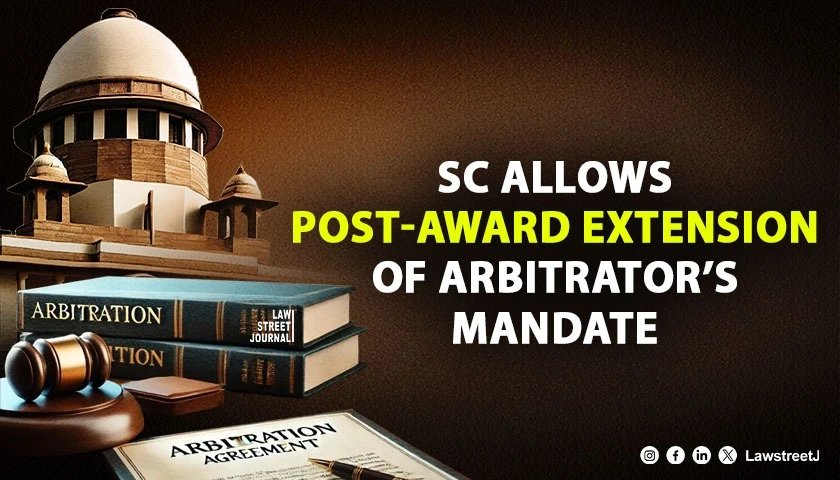The Allahabad High Court recently directed two of India's premier institutions, IIT Kanpur and IIT BHU, Varanasi, to test the samples and submit a report on the quality of water in the Ganga and Yamuna rivers.
Importantly, while taking into account the complaints about sewage water flowing directly into the two rivers, the Bench of Justices Manoj Kumar Gupta, Siddhartha Varma, and Ajit Kumar also formed a committee to collect samples from various points along the Ganga and Yamuna.
Essentially, the Court was dealing with a Public Interest Litigation (PIL) petition filed by Advocate V. C. Srivastava, who complained that the sewerage treatment plants are shut down at night and sewage water is discharged directly into the rivers Ganga and Yamuna.
A. K. Gupta, Amicus, and V. C. Srivastava (petitioner) submitted that at the point of discharge of effluents from untapped nalas, which are being treated by the so-called bio-remediation process, it is visible to naked eyes that the water is discoloured and emits a foul odour, and the water is unfit even for bathing.
Because the Court was dissatisfied with the Uttar Pradesh Pollution Control Board's report on sample collection and a subsequent report on water quality, the Court formed this committee and directed as follows:
Four number of samples from each point shall be drawn. One set shall be used by U.P. Pollution control Board for testing and the report thereof shall be supplied to this Court in a sealed cover on or before the next date. Two set of each sample shall be sent for testing to I.I.T., Kanpur and I.I.T., B.H.U. One set of each sample shall be preserved and shall be produced before this Court on the next date of hearing. We request the Director, I.I.T. Kanpur and Director, I.I.T., B.H.U. to assist the Court in getting the samples tested and submit report in a sealed cover directly to this Court through the Registrar General so as to be available on or before the next date."
Electric crematoriums and the relocation of burial grounds near bathing ghats:
Noting that there are two electric crematoriums in Allahabad, both of which are frequently inoperable, the Court asked the Government and Nagar Nigam to improve the quality of infrastructure of electric crematoriums so that more and more people are attracted to use the service rather than burying the bodies on open ghats, which contributes to the gradual depletion of forest cover and pollution in the two rivers.
In light of this observation, the Court also directed the Nagar Ayukt, Nagar Nigam, Prayagraj to make immediate arrangements for the continuous operation of electric crematoria.
"There should be a proper backup arrangement for power supply, basic amenities for sitting, drinking water and toilets. The Nagar Ayukt shall file his personal affidavit disclosing the steps taken by him in compliance of the above direction," he Court added while calling upon the Nagar Ayukt, Nagar Nigam Prayagraj and Additional Secretary, Urban Development, to specify the proposed steps to be taken so as to improve the infrastructure of the two crematoriums in Prayagraj."
Concerning the sale and recycling of plastic bags and other items, the Court directed the Commissioner, Allahabad Division, Allahabad to form a team to supervise and implement a ban on the use, manufacture, sale, distribution, storage, transport, import, and export of all types of plastic carry bags with a thickness of less than 50 microns.
The Commissioner has been directed to request a status report from the said team every two weeks, as well as to personally supervise the ban's implementation and file an affidavit of compliance before this Court on the next date, November 12, 2021.

![Sewage Water Discharge Into Ganga & Yamuna Rivers: Allahabad High Court Forms Committee, Orders Sample Testing In IITs [READ ORDER]](/secure/uploads/2021/11/lj_8326_yamuna.jpg)






